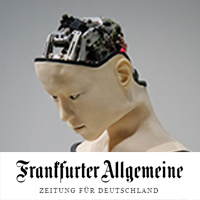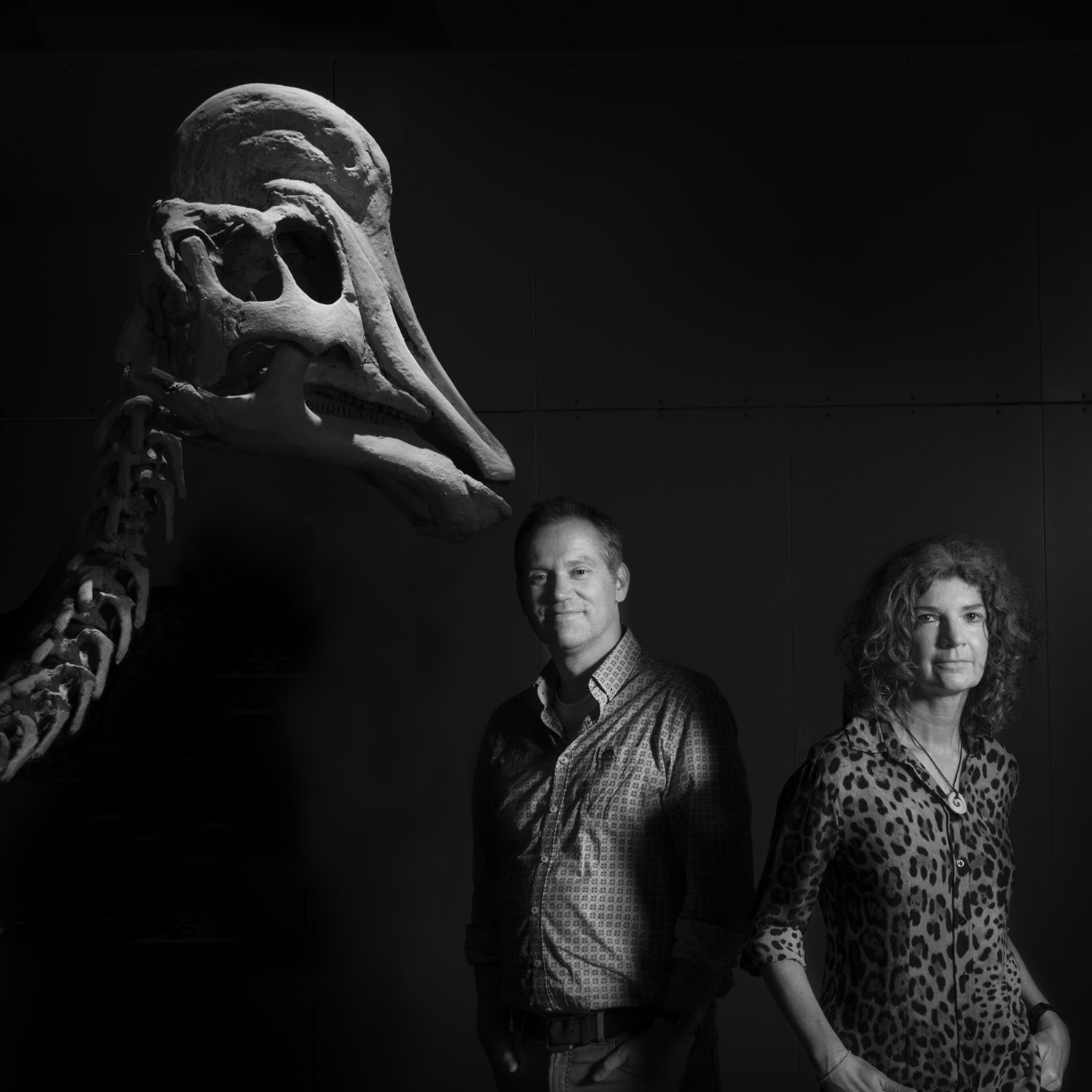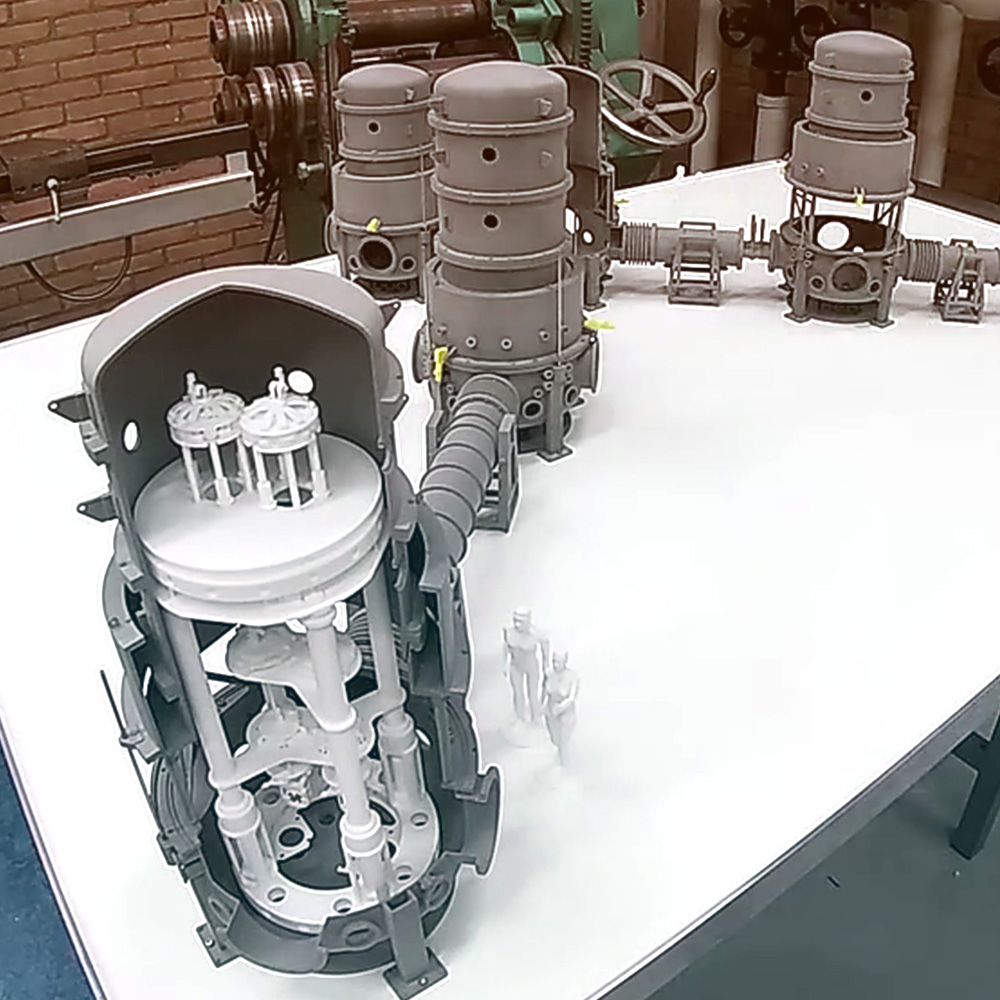News
-
American station BYU Radio talks ancient board games and artificial intelligence with Dr. Cameron Browne for their show Top of Mind (interview in English).
-
In the Frankfurter Allgemeine Zeitung, Prof. Gerhard Weiss discusses why companies can be reluctant about AI applications although they think it is a game changer in their domain (essay in German).
-
140 researchers came together for the EMBO Workshop: Precision Health: Molecular Basis, Technology and Digital Health to present and discuss the promises and challenges of precision health and the molecular insights necessary to enable a maintenance of wellness and prevention of disease.
-
Mark Winands has been appointed as professor of Machine Reasoning at the Department of Data Science and Knowledge Engineering (DKE).
-
Until recently, palaeontology and evolutionary biology were not among the key disciplines at UM. This is set to change, say the newly appointed professors José Joordens and Leon Claessens.
-
What’s the matter? Everything! Everything is matter! Even the opposite of matter, anti-matter, is actually just matter. But then mirrored over in time, space and charge. Complicated stuff, but not for Dr. Jacco de Vries.
-
Magazine 'Technisch Weekblad' interviewed Prof. Hild about the technical challenges that he faces during the development of ETPathfinder: Einstein Telescope prototype. (in Dutch)
-
Julia Jansing, PostDoc in the group Molecular and Applied Biotechnology in AMIBM, was recently awarded the renowned German Dissertation Prize by the Körber Foundation (“Deutscher Studienpreis”, 2nd place in the section Science and Technology).
-
Stefan Hild, who has taking up a Professorship in Fundamental Physics at Maastricht University since 1 August, will lead the local efforts towards the realisation of the Einstein Telescope. Hild has been active in gravitational wave research for the past 20 years and he has been part of the...
-
Jacco de Vries wins prize for best thesis at the Large Hadron Collider from CERN.









